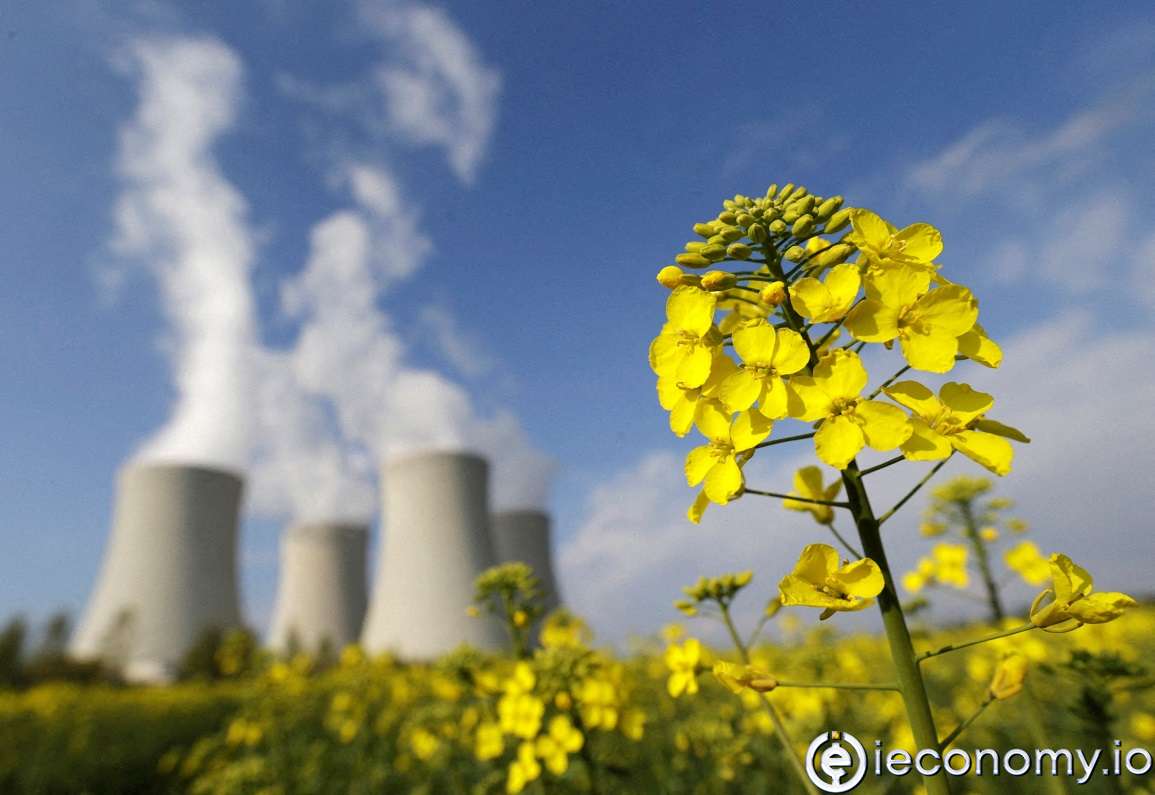The EU has defined nuclear energy and gas as green investments
The European Union (EU) has classified new nuclear energy and natural gas projects as sustainable green investments...

Yayınlanma: 3 Şubat 2022 04:10
Güncellenme: 3 Mart 2026 04:26
The EU Commission has announced a legislative proposal that includes new rules on the classification of energy investments in member states. Accordingly, gas and nuclear projects that contribute to the achievement of Europe's climate targets and fulfill various conditions will be included in the list of sustainable investments.
Nuclear power plant investments, which are licensed until 2045, use advanced technologies, do not harm the environment, and can dispose of their waste safely, will be defined as green and sustainable economic activity.
Natural gas investments that received construction permits before the end of 2030, contributed to the transition from coal to renewable energy and emit less than 270 grams of carbon per kilowatt-hour were also included in the mentioned classification.
The EU classification aims to channel private sector investments into activities necessary to achieve climate goals.
Some countries, environmentalists, and various non-governmental organizations see the definition of nuclear power and natural gas as sustainable and green as inconsistent with the EU climate targets and describe it as a "green eyewash".
About 10 countries, led by France, Poland, and Hungary, demanded that nuclear energy be included in the green investment classification framework, stating that it is an effective, safe, and competitive resource in the fight against climate change.
A group of countries led by Germany wanted natural gas to be considered sustainable in EU investment classification rules for a while.
Countries such as Germany, Austria, Luxembourg, Denmark, Portugal, and Spain are reacting harshly to the EU's definition of nuclear power as climate and environment friendly. Austria and Luxembourg announced that they will initiate legal proceedings against the regulation in the European Court of Justice.
The Netherlands and Denmark also oppose the adoption of natural gas as a sustainable fuel.
In order to reject the legislation in question, 20 member states representing at least 65 percent of the Union's population in the EU Council must oppose it, or a majority of MEPs must not approve it.




